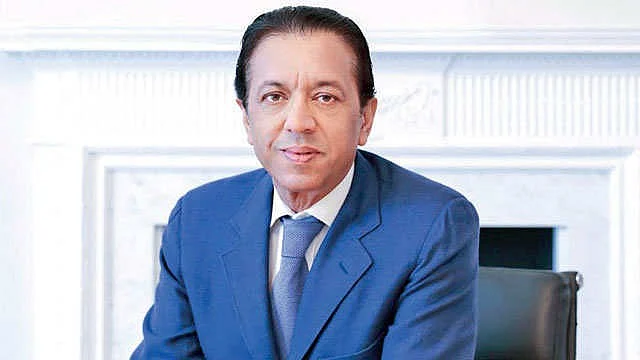- Joined
- Jul 16, 2008
- Messages
- 21,891
- Points
- 113
Vietnamese man punched, beaten, kicked and insulted as an intern in Japan
TOKYO - The torrent of physical and verbal abuse began just one month after a Vietnamese migrant worker came to Japan in October 2019.
The 41-year-old construction worker, who left behind his wife and five-year-old daughter for the promise of better wages, instead found himself being treated as an outcast by colleagues at a company in Okayama in western Japan.
He was not only mocked for his sub-par Japanese, but was also constantly brutalised, treated as a punching bag, beaten and kicked by his colleagues as bystanders watched on and laughed.
Things got so bad that the man, who wanted to stay anonymous in press conferences this month, suffered not only bruises and cuts, but also a chipped tooth, a deep gash to his lip that needed stitches, a fracture, and four broken ribs.
The company not only turned a blind eye to his plight, but also cajoled him to lie to doctors that he had suffered a bicycle accident.
The man said a stifling and oppressive workplace environment made him feel afraid to speak up sooner, until a concerned friend referred his case to a local labour union, Fukuyama Union Tampopo, in October last year.
"What I was most afraid of was that I would be deported and sent back to Vietnam if I could no longer work at the company," he said. "I was very scared and panicked. I was told that if I spoke up, the company would exact revenge and put me under even more pressure."
The union took him into its custody in October, and the man is now seeking an apology and compensation in a shocking case that has made national headlines.
The Vietnamese man had come to Japan under its Technical Intern Training Programme (TITP), which began in 1993 as a soft power diplomatic initiative for prosperous, technically advanced Japan to help upskill workers in developing nations, particularly in blue-collar industries.
Yet, the TITP has come under intense scrutiny because dozens of trainees have died in recent years.
The United States, in its annual Trafficking In Persons report last year, also singled out the TITP as a hotbed for cheap labour, exploitation and abuse as workers incur massive debts to come to Japan.
The government has been "ineffective in preventing foreign-based labour recruitment agencies from charging excessive fees - a key driver of debt-based coercion among TITP participants - and the government did not hold recruiters and employers accountable for abusive labour practices and forced labour crimes," the report said.
There were 351,788 technical interns in Japan as at October last year, according to Labour Ministry data last week. This was 50,000 fewer than a year ago as their numbers fell for the first time due to Covid-19 border restrictions after those whose visas expired left but newcomers could not enter.
The majority of the interns were from Vietnam (57.5 per cent), followed by China (15.4 per cent) and Indonesia (8.4 per cent).
While there are many companies that do not ill-treat their technical interns, the fact remains that there are those that do. Fukuyama Union Tampopo chairman Mitsugu Muto attributed this to "a lack of human rights awareness and perhaps even an element of racism", given the homogeneity of Japan.
Last week, Justice Minister Yoshihisa Furukawa vowed to tighten measures. He said: "Human rights violations against foreign technical interns, such as abuse, are absolutely unforgivable."
The minister instructed both the Immigration Services Agency and the watchdog Organisation for Technical Intern Training to swiftly deal with the case involving the Vietnamese man and provide necessary support to him.
The victim, however, said that while his immediate nightmare was over, he remains in limbo as he still has huge debts to pay off and wants to "find a good company" to see out the rest of his internship, which ends in October this year.
"Before coming to Japan, I thought the Japanese people were very kind and that it was a safe country with a good working environment. But I have had a very hard time," he said.
"Besides the brutality, the meagre wages are an issue, and I have to be very, very strict with my savings to be able to pay off the huge debt. I don't want others to have the same experience as I have had," he added.
https://www.straitstimes.com/asia/e...bILUxyGFRZX92mLtV4L2-93QiuoEfgF-P8FfGCAS21yCk


